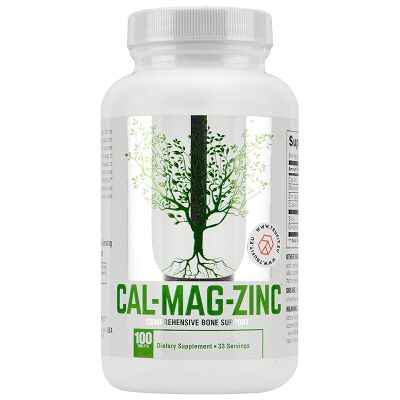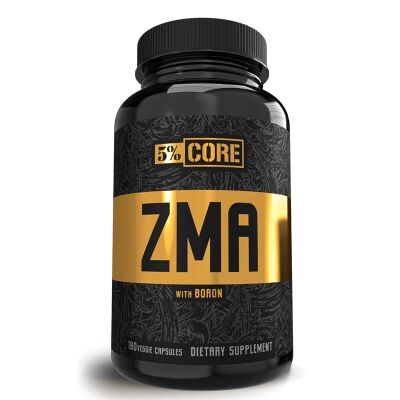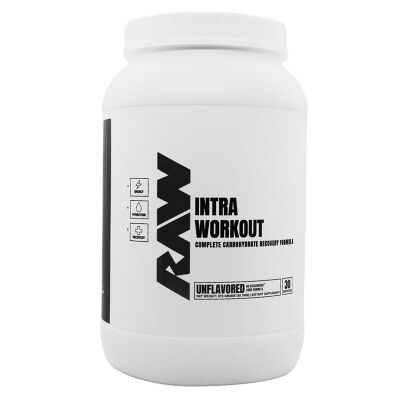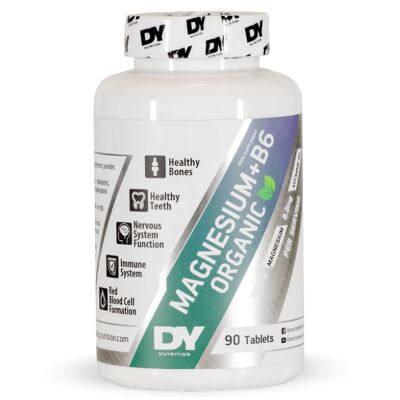Magnesium
Magnesium buy online at American Supps
Required for / function: bone structure, enzyme activity, protein and carbohydrate metabolism, DNA and RNA synthesis
Deficiency symptoms: Insomnia, nervous restlessness, calf cramps, muscle twitching, irritability and reduced mental and physical performance
Symptoms of overdose: tiredness, diarrhea, bloating and nausea
Dosage range according to DGE / Dr. Colgan: 350 mg / 400-1,200 mg
Natural occurrence: nuts, wheat germ, oats, fruit, vegetables, whole grain products, poultry and fish
Additional information: In high doses, it improves performance, especially in combination with vitamin B6 and zinc
What is magnesium
Magnesium is a mineral that is stored in the body at 20-30 g, around 60% of which is in the bone substance. It is involved in around 100 different enzyme systems, which are important for the metabolism of protein and carbohydrates, nerve / muscle interplay, energy metabolism, regulation of body temperature, DNA and RNA synthesis and bone metabolism, among other things. Magnesium inhibits the release of acetylcholine and thus gives a calming feeling. It is also essential for muscle function, a deficiency leads to a direct loss of performance, while supplementation with high doses (approx. 1,000 mg) can lead to a clear increase in performance. Athletes who indulge in high protein consumption have an increased need because magnesium is required for the metabolism of protein.
Magnesium deficiency
Symptoms of deficiency manifest themselves in insomnia, nervous restlessness, calf cramps, muscle twitching, irritability and a reduction in mental and physical performance.
Magnesium overdose
Overdoses, on the other hand, manifest themselves in fatigue, diarrhea, a feeling of fullness and nausea. People with kidney disease should consult their doctor before starting supplementation.
According to the DGE, the recommended daily intake is 350 mg, while Dr. Michael Colgan advises intensely exercising athletes to have a daily intake of 400-1,200 mg. When supplementing, it should be borne in mind that magnesium can only work optimally in combination with calcium, which is why this mineral should also be supplemented when magnesium is given. Combination preparations are recommended here, which already contain both active ingredients in an optimally coordinated dosage ratio, which is 3: 4, i.e. 1,000 mg calcium should come to 750 mg magnesium.
Magnesium Foods
Good natural sources of magnesium are nuts, wheat germ, oats, fruits, vegetables, whole grains, poultry, and fish.
Magnesium for muscles
A supplementary intake of a magnesium supplement is recommended for bodybuilders, even if they regularly eat the mentioned foods, as magnesium is excreted in high quantities through sweat and is used up in the metabolism of protein. A supplementary intake has proven to be particularly recommended in combination with vitamin B6 and zinc.
Buy magnesium tablets and magnesium supplements at American Supps
Magnesium is an important mineral and is required by the body for numerous processes. First and foremost, magnesium is known to have a regulating effect on the electrolyte balance. As an antagonist to calcium, magnesium provides the necessary relaxation in the muscle cells.
In addition to its importance for the muscles, magnesium helps maintain normal bones and teeth and reduces tiredness and exhaustion. Magnesium is also involved in the functioning of the nervous system. Magnesium is even said to have a positive effect on PMS, migraines and diabetes.
The magnesium requirement cannot always be met easily through food. There are living conditions that increase your personal magnesium requirement enormously. This includes illnesses as well as stressful circumstances. For the body, this can also mean intensive training and the supply of energy due to a weight-reducing diet.
Buy Magnesium Citrate
Magnesium citrate is a magnesium that is bound to citrate (the salt of citric acid). The availability is given faster.
Magnesium effect
- Relaxing
- Anti-inflammatory
- Supportive with diabetes, PMS and migraines
- Participation in the body's own protein production and thus in muscle building
- Does magnesium increase performance and relax the athlete's muscles? in short: without magnesium, many things do not work as they should.
Magnesium cramps
If there is an increased calcium concentration in the muscles in the body, this can lead to tension and cramps. This is where magnesium intervenes by stopping the calcium influx into the muscle cells so that the muscles can relax again.
Leg cramps magnesium
Especially with Leg cramps, the targeted intake of magnesium has proven to be effective and is not only used by numerous athletes.




